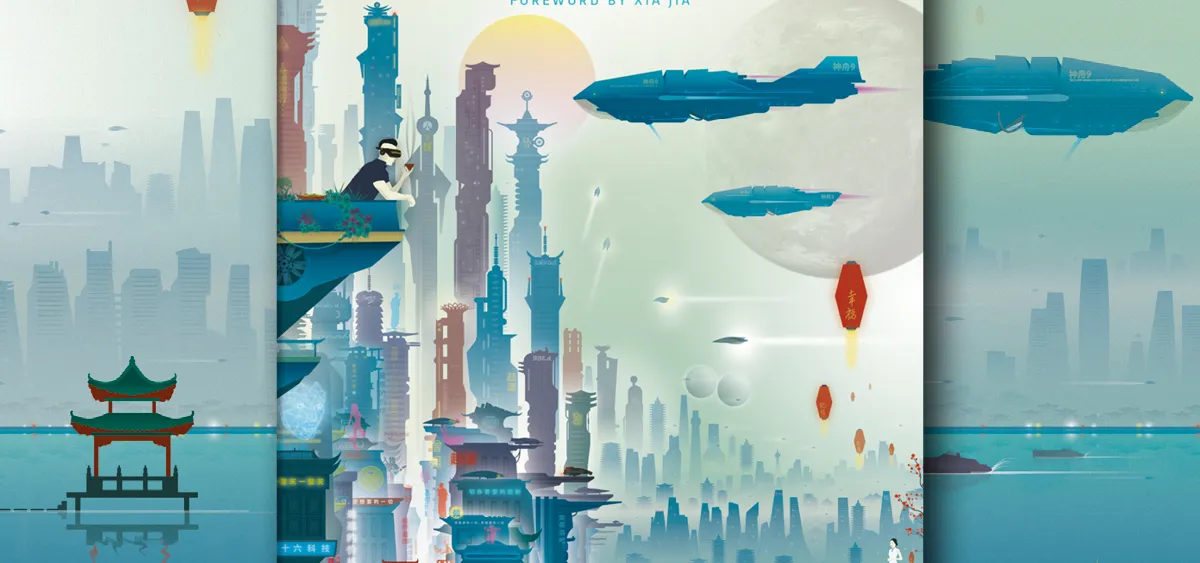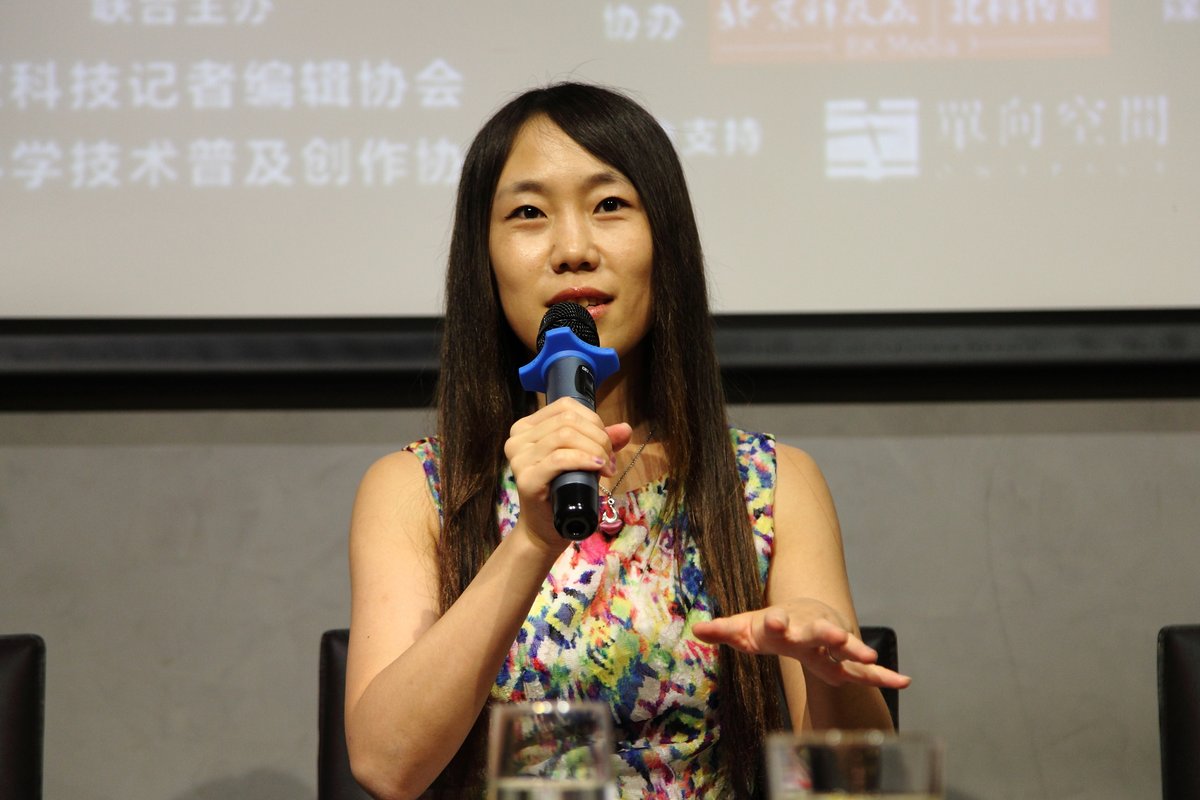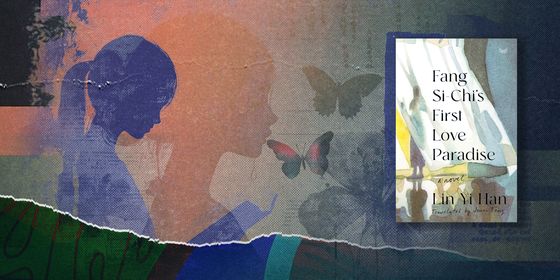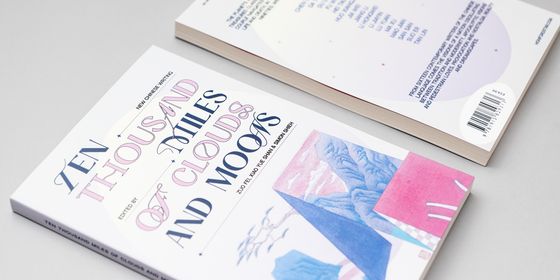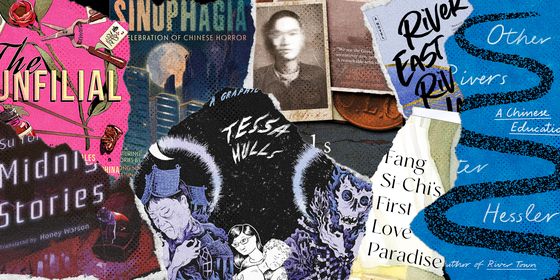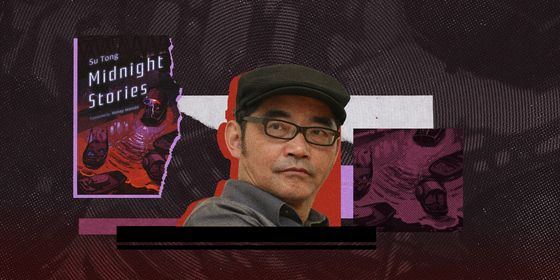Newly translated short stories map out China’s sci-fi universe for English readers
When it comes to the English-speaking world, Chinese sci-fi has a three-body problem. Specifically, readers who only speak English usually know Chinese sci-fi solely through the lens of Liu Cixin’s Hugo Award-winning Three Body Problem trilogy, despite it being first published in that language way back in 2014. But that might change with the publication of Sinopticon: A Celebration of Chinese Science Fiction.
This anthology of 13 short stories, each translated into English for the first time by editor Xueting Christine Ni, presents a pleasing variety of narratives and voices. Ni, a Guangzhou native now living in London, has written on Chinese culture for over a decade and aptly chose authors as its representatives.
Each story builds a world of its own; indeed, each could justify a review of its own. The reader finds well-trod sci-fi topics—time travel, planetary colonization, world-controlling AI—but each author’s distinct voice shines through, dreamy or hard-boiled in their tone, minute or cosmic in their scope.
Though these stories fail to mention technology-driven anxieties of the 21st century, like corrupt and pervasive uses of AI, the obliteration of privacy, or the destructive power of social media, there’s still much to appreciate.
As distinctly Chinese sci-fi, Sinopticon delivers. “The Great Migration” by Ma Boyong expands China’s annual holiday travel to a planetary scale, as settlers on Mars jostle and connive for tickets to Earth. Romance and intrigue follow, in a gritty future laced with sympathy for the masses and implicit criticism for authorities who fail to plan. Regina Kanyu Wang, in her “Tide of Moon City,” reimagines the famous Chinese folktale of the cowherd and the weaver girl (lovers banished to either end of the galaxy and only able to reunite once a year) on a binary planet system with a Cold War divide. The science is secondary here (as in most of these tales), and the story instead focuses on strong character development and the question of how much control people have over their lives when powerful institutions are determined to erect barriers.
Other stories are more universal, with subtle references to the author’s background. This is the case in Gu Shi’s “Last Save,” which ruminates on analysis paralysis in a world where consequences are banished because anyone can go back to a saved point in their past…like the moment before taking the gaokao exam. Though inconsistent and unexplained with its science, it’s a tight tale fixed in the narrator’s anxiety and regret over matters large and small, yet resolved in an uplifting way.
There are also playful winks to Chinese culture in “The Flower of the Other Shore,” A Que’s satisfying multi-act narrative built on zombie movie cliches. Undead characters greet each other with the familiar “Have you eaten?” and talk of how it’s “better to be a stiff, nice and simple” like they’re part of China’s so-called 躺平 (tang ping, “lying flat”) movement.
More subtle yet is Han Song’s “Tombs of the Universe,” originally published in 1991 and the oldest in the collection. Here the reader gets a sense of China’s epic scale of history, our own near-future becoming the distant past of a human civilization settling distant galaxies. The stunning funerary monuments of the earliest human settlers of distant planets echo the Han Dynasty tombs that form a line back to the past across east Asia.
But the second-oldest, “The Return of Adam” by Wang Jinkang, is almost ostentatious in its directness—Wang makes one of his so-called “New Humans” (their minds technologically enhanced) note loftily “you Chinese are so famously frigid” or observing a “typically Chinese sense of self control.” Here people explore the stars and unite with AI, with world-changing consequences. The plot and narration are well-paced, though the ending strikes a fatalistic tone that loses touch with humanity’s freedom to choose.
The tale most rooted in Chinese history is Zhao Haihong’s “Rendezvous: 1937,” a time-traveler’s vivid return to the Nanjing massacre, an unhealed wound in China's national psyche. In the words of both her protagonist, but also in passages that break her own narrative, Zhao seeks to “find a fighting spirit” “in the middle of the darkest part of China’s thousands-year history.” It has a profound impact on the reader, especially those unfamiliar with those dark days.
The rest reveal few signs of a distinctly Chinese origin, focusing instead on a more universal human condition. They’re generally well-written and well-translated, if too often relying on a boy-meets-girl trope. There are two happy exceptions to this rule. “Qiankun and Alex,” by 2016 Hugo Award winner Hao Jingfang, is a charming tale that emphasizes a sense of humanity and emotional development as a world-controlling AI learns from a young child. The action is minor but the impact is strong.
The second, Jiang Bo’s “Starship: Library,” is perhaps the most cosmic of the collection, a paean to books and a beautiful meditation on existence. While the author shows some of the pessimism seen in Liu Cixin’s metaphor of the dark forest (in which civilizations threaten to destroy one another on first contact), his depiction of the future is brightened by a struggle for knowledge that allows humanity to remain vital. Jiang grapples with some of the biggest questions about the endlessness of space and how vanishingly brief human lives can be, concluding with soul-nourishing lines of poetry and the pleasantly ambiguous reminder that “there will be beauty in the last moment…”
For readers new to Chinese sci-fi, these well-chosen stories give a sense of the riches that await once other translators take up the challenge to bring more of the genre into English. Despite having their own distinct cultural tradition, China’s writers create worlds with concerns and technologies that should be relatable to any reader. We’re still waiting for the next generation to show us truly novel technologies and sci-fi challenges, but Sinopticon proves there’s already a wealth of stories to consume as we bide our time.





